
Question to the EC: Erasmus+ programme and unfair distribution of financing among Member States
See Francisco Guerreiro’s question to the European Commission and the written answer on the Erasmus+ programme and the unfair distribution of financing among Member States.
Subject: Erasmus+ programme and unfair distribution of financing among Member States
According to a Commission report on the Erasmus+ programme (reference Ares(2017)3350537 - 04/07/2017), the Erasmus+ programme has not been brought into full effect because it has not been allocated enough funds. As a result, a large number of high-scoring applications could not be financed.
The criteria used to allocated the budget are based on the principle that the Member States are on an equal footing with regard to their citizens’ qualifications. However, in reality, situations vary from one country to another and the programme should take that into account. As the number of applications grow, so will the disparities. With a view to promoting cohesion and social rights in the EU, as stated in the report itself, the programme should discriminate positively towards the most disadvantaged countries and regions and those with the longest or most complex and, therefore, most costly qualifications. In Portugal, owing to budget limitations, the Erasmus+ Education and Training National Agency was able to approve just 36% of the applications it received during the 2014-2016 period, and the Erasmus+ Youth in Action National Agency 24%.
What changes is the Commission planning to make to the Erasmus+ programme to ensure that all EU citizens are able to access the same training and education opportunities?
Answer in writing
The Commission aims to make the future Erasmus+ programme much more accessible to learners and staff at all levels of education and training, youth and sport. This will be achieved through a variety of means, including the design of certain actions to attract small grassroots organisations, adaptations of grant levels and more opportunities for short-term mobility of school pupils and vocational education learners. All of this will serve to increase the participation rates in the programme, in general, and among people with fewer opportunities, in particular.
The Commission is also seeking appropriate resources in the 2021-2027 Multiannual Financial Framework to match the ambitious goals set for the Erasmus+ programme and to help meet the demand.
The allocation of funds between Erasmus+ programme countries is done in a fair and transparent way, according to the criteria set out in the legal basis. These criteria are country population, cost of living (addressing the differences between the Erasmus+ programme countries and the distance between capitals), and past performance in the implementation of the programme.
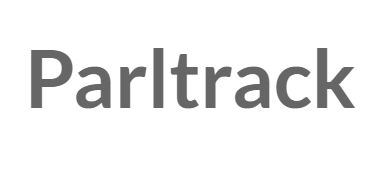
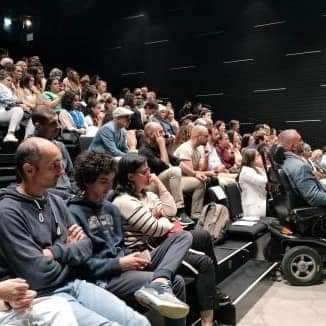
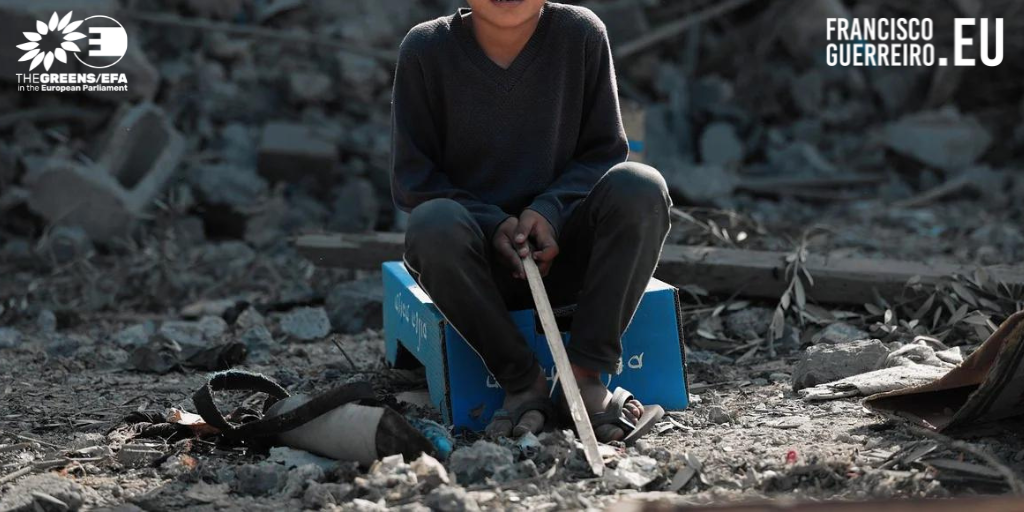
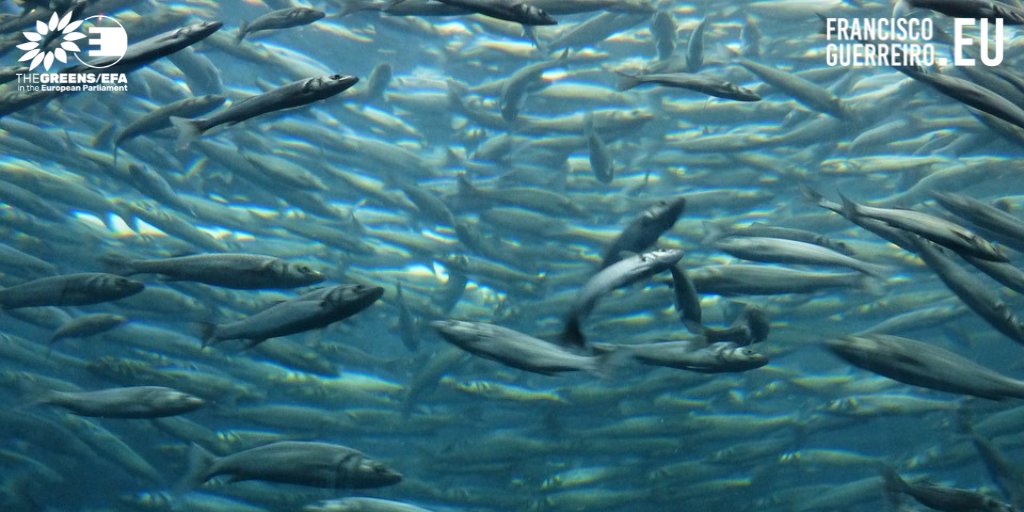


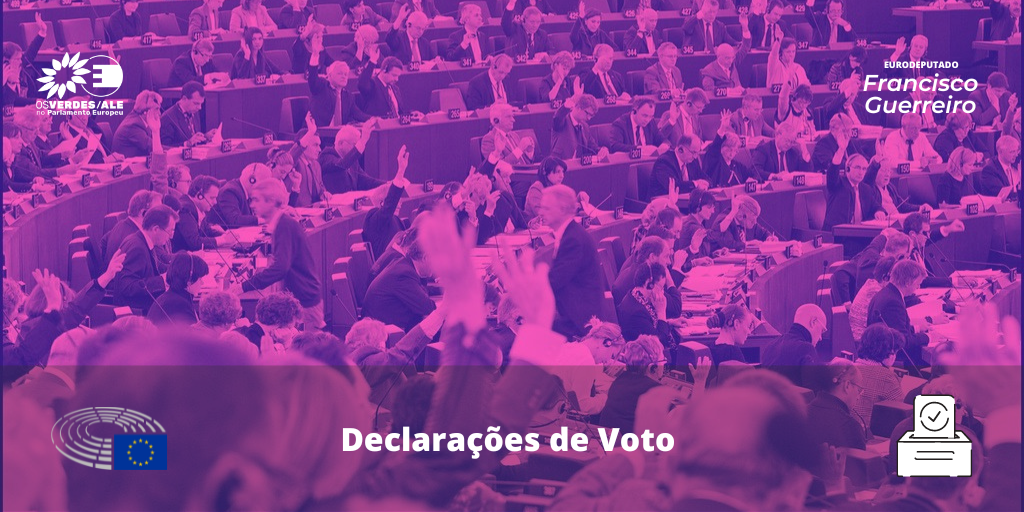
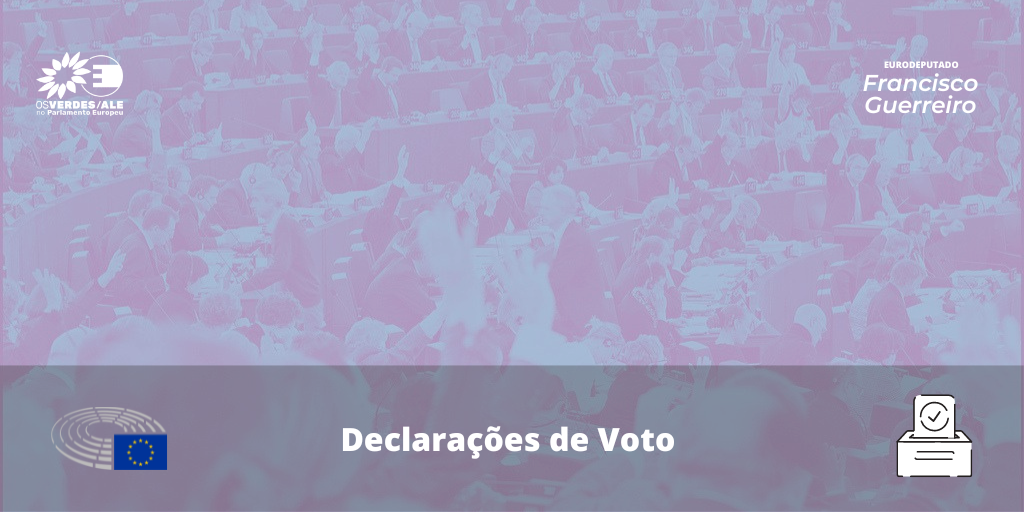
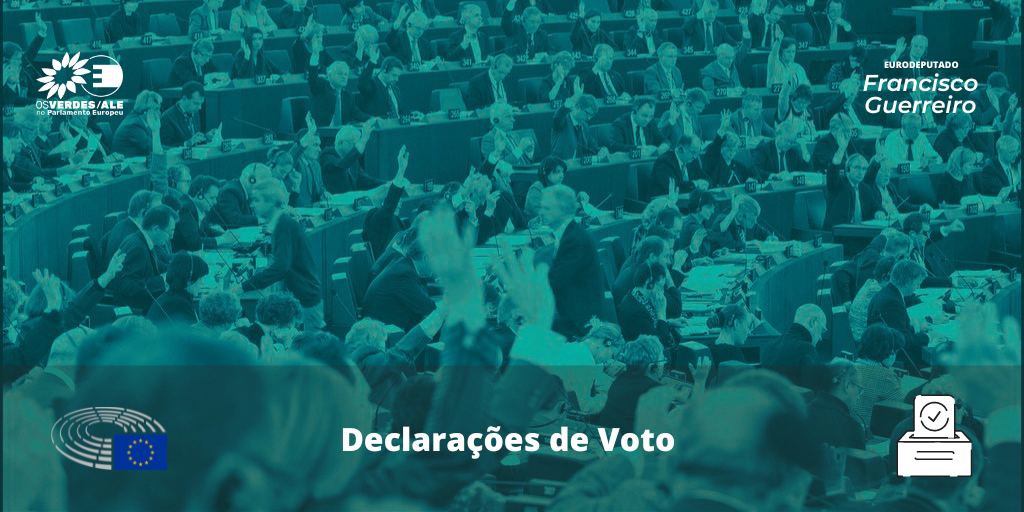
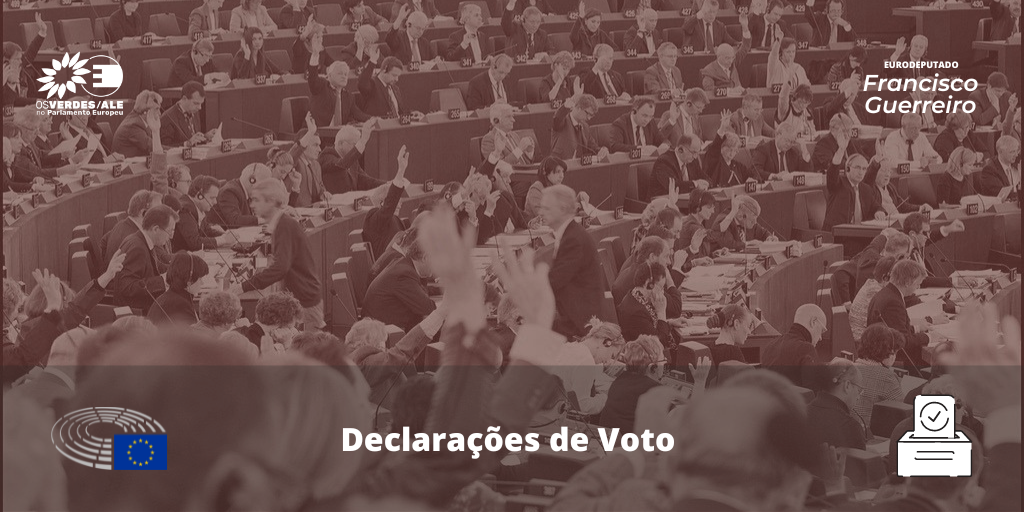
ParlTrack - Francisco Guerreiro considered one of the most productive MEPs
Monday, 01 July 2024
The analytical website ParlTrack has recorded all the parliamentary actions of MEPs during the 2019-2024 term, considering Francisco Guerreiro one of the most productive.READ MORE